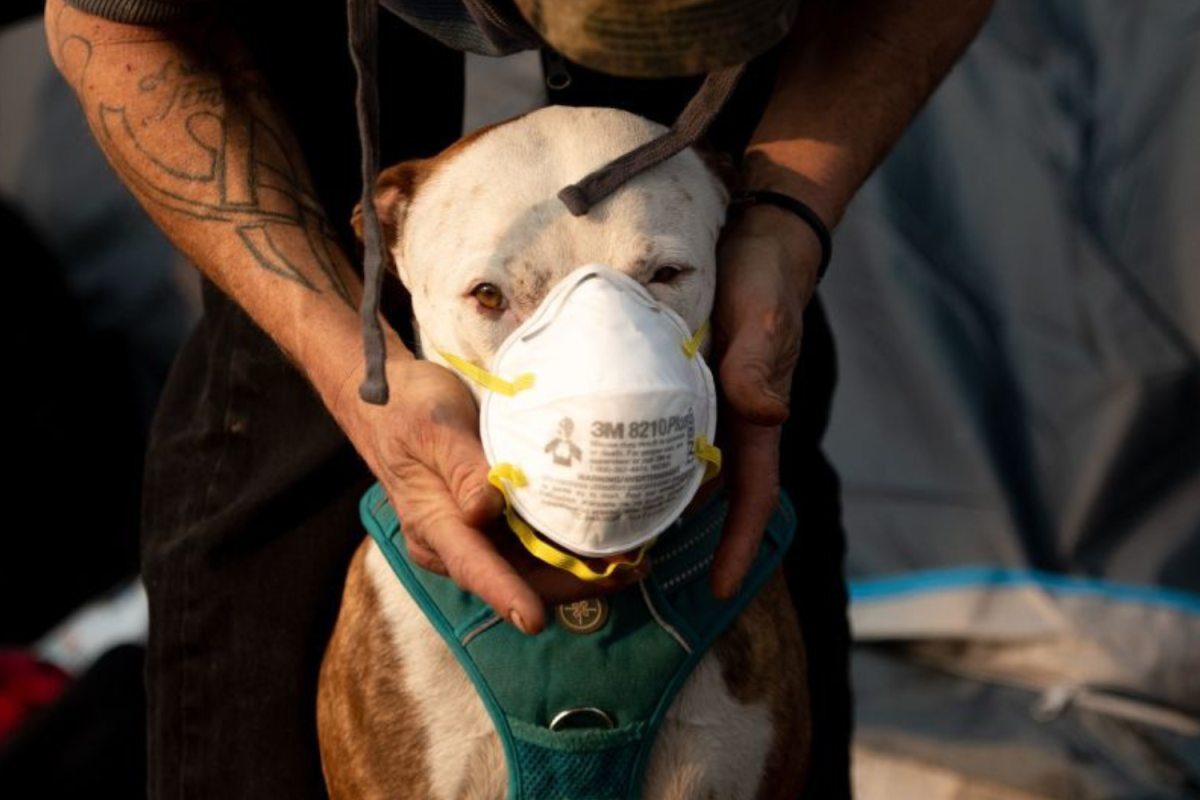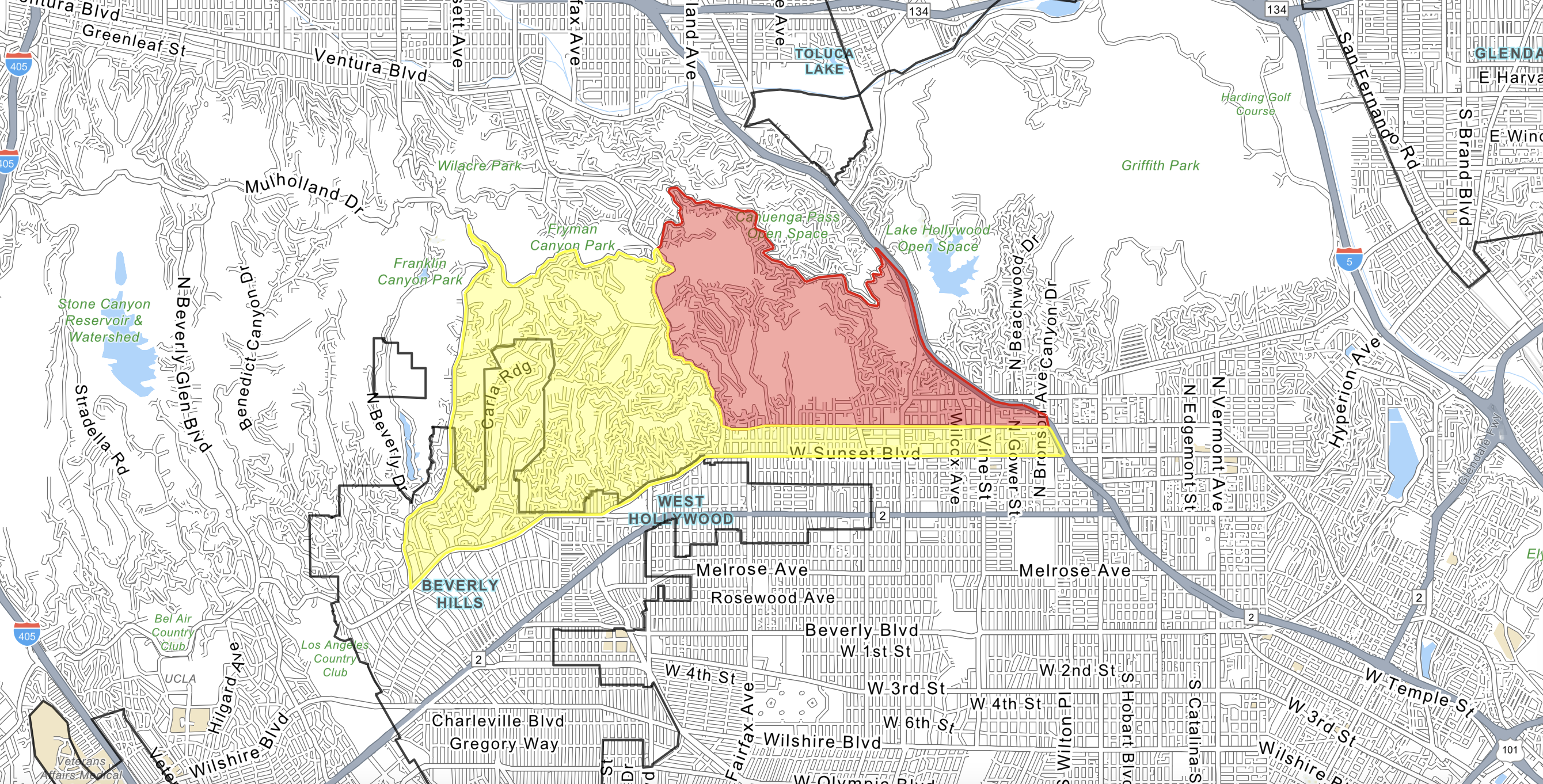As Southern California grapples with multiple wildfires fueled by powerful Santa Ana winds, experts and animal welfare organizations are urging pet owners to take steps to protect cats, dogs and other animals.
With evacuation orders affecting thousands of residents, including those in Pacific Palisades, Pasadena and Sylmar, pet owners are being urged to include their animals in their disaster preparedness plans.
Evacuation Preparations for Pet Owners
Having a solid plan in place is crucial for pet safety during wildfires, according to Paige Adams, a veterinarian at Etowah Veterinary Hospital in Marietta, Georgia.
"It is essential to have a plan in place so if something happens, you don't have to scramble and figure out what to do. You know your plan and can take immediate action," Adams told Newsweek.
She recommends microchipping pets for identification in case they are separated from their owners, ensuring pets have collars with up-to-date ID tags, and keeping a well-stocked emergency "go bag."
Items for a pet "go bag" should include:
- Food, treats and clean water
- Bowls for eating and drinking
- Medical records and a recent photo of your pet
- A leash, collar, harness, or carrier for safe transport
- Basic first aid supplies, including any medications your pet may need
- Comfort items like toys or blankets to reduce stress
Adams added that stress can cause pets to panic or flee during emergencies. "Fire can be very scary to an animal and cause them to panic. Keeping them calm and with you will help keep them safe."

Protecting Pets from Smoke
"The smoke and poor air quality itself is just as dangerous to pets as it is to people," Adams said.
She added that cats and birds are particularly vulnerable due to their sensitive respiratory systems. Keeping pets indoors as much as possible and limiting outdoor activity to short bathroom breaks is vital when air quality alerts are in effect.
Animals with respiratory or cardiovascular conditions are especially at risk. Watch for signs of smoke irritation, such as:
- Coughing or gagging
- Difficulty breathing or increased breathing rate
- Eye irritation or excessive watering
- Fatigue, disorientation, or loss of appetite
If pets exhibit any of these symptoms, consult a veterinarian immediately.
The Palisades fire has burned over 2,900 acres, and it is spreading rapidly, with flames advancing at five football fields per minute and dangerous "tornado-like" winds complicating firefighting efforts.
Authorities have urged residents in areas effected to follow evacuation orders to protect themselves and their families—including their pets.




















 English (US) ·
English (US) ·